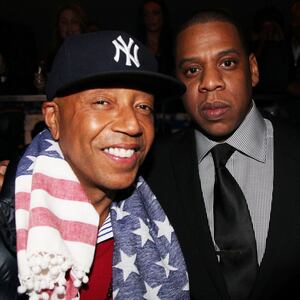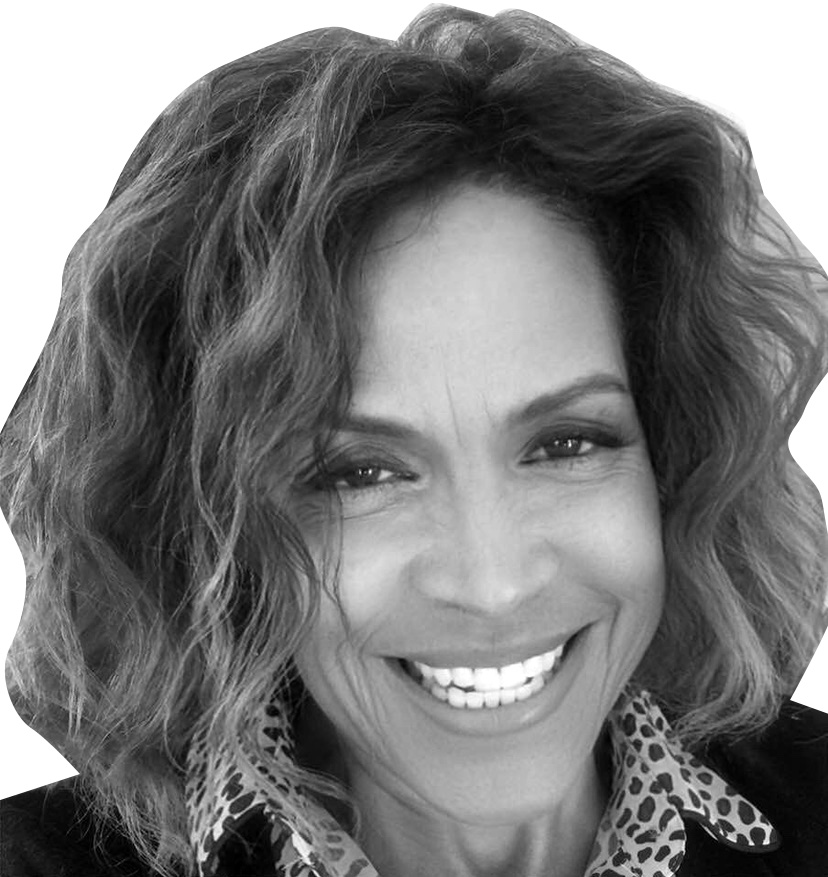In 1962, Malcolm X said, “The most disrespected person in America is the Black woman. The most unprotected person in America is the Black woman. The most neglected person in America is the Black woman.”
In 2020, it’s still true. Breonna Taylor was fatally shot in her home March 13, and the people who shot and killed her still walk free. I was raped by Russell Simmons, and the world is still giving him a platform to spread his myths, distortions, and lies, while I and the 12 other women reportedly raped and brutally sexually assaulted by Russell struggle to be taken seriously. Black women and girls are always an afterthought when they are the victims of crime.
Russell and I went on a date in 1990, and afterward when he invited me to see his apartment, he pinned me to the wall and raped me after I explicitly said no and pleaded with him to stop. Sherri Hines was a teenager and up-and-coming singer in the first all-female hip-hop group in the early ‘80s when she says she was assaulted by Russell. Drew Dixon was a producer of platinum-selling albums when she says Russell violently raped her and then walked around their office the following week acting like nothing had happened. Def Jam employee Sil Lai Abrams tried to kill herself the morning after Russell allegedly raped her in 1994. There are more, and perhaps some whose names we will never know.
From the moment I shared how Russell Simmons raped me, others pinned a measure of blame on me: Why didn’t you come forward immediately? It’s sometimes asked with genuine curiosity, but most often the question itself is an indication of suspicion. The answer is simple: sexual assault victims know they will not be believed. Worse than experiencing the trauma of rape is being told that it never happened.
But for the victims of Russell Simmons—mostly young, Black women—it’s not just the knowledge that we won’t be believed. It’s the knowledge that because we are Black, we may not even be heard.
Most of America’s systems fail Black women every day by not believing us or taking our pain seriously, or by failing to elevate our names when our pain is proven. As I have watched the double traumas of COVID-19 and racial injustice ripple throughout our community these last few weeks and months, I have been reminded of how insidious this minimization of our truths is in almost every part of life.

Accused serial rapist Russell Simmons
Scott Gries/GettySometimes we know we’re sick, only to be told that we’re fine. In Brooklyn in April, Rana Zoe Mungin, a healthy 30-year-old high school teacher and Black woman, died of COVID-19 after twice being turned away for a test. In Detroit, health-care worker Deborah Gatewood was denied a virus test four times, and three times sent home from the hospital where she worked; after she was finally admitted with a 106-degree temperature, she died.
This shouldn’t be a surprise to anyone who knows the research. Black patients are less likely to be given pain medication by doctors. A full 40 percent of first- and second-year medical students in a 2016 study actually reported believing that Black people have “thicker skin” and feel less pain than white people. These racist biases lead to Black college-educated mothers being more likely to die or suffer severe complications from pregnancy or childbirth than white women who never graduated high school—in other words, you can’t blame it on socioeconomics.
When you are born and raised in systems that minimize you because of your skin color—and you see that stories of women killed by police barely make a ripple in the public consciousness—putting yourself out there to be disbelieved or blamed amounts to operating against your own self-interest. That’s partly why only 1 in 15 Black women who is raped reports it.
There’s another reason that I and, I suspect, many black women remain quiet: Silence is our code. We are conditioned and condemned to protect Black men to the detriment of our own lives, giving up our happiness, mental health and wellness so Black men can thrive and reach their goals. After all, they are the hunted in America, and so rarely allowed to become great.
But as I watch the pileup of stories about Black mothers, aunts, grandmothers, sisters and daughters dying of COVID-19, and I see how we have to remind the world to care about Breonna Taylor, Oluwatoyin Salau, Riah Milton, Dominique “Rem’Mie” Fells, Sandra Bland, Atatiana Jefferson and Rekia Boyd, I see that this silence—whether because we fear not being believed about rape or sickness and pain—is itself a virus. And it needs to end.
Is it fair that we have to demand justice or spend energy convincing others that one of the worst events in our lives is real? No. But my father was Martin Luther King Jr.’s attorney, so I grew up knowing that equality is a constant struggle. So I will shout as long as necessary, until the day that Black women are respected, protected and heard—and those who would deny us our truths are drowned out by the strength of our voices.
Alexia Norton Jones is a bestselling author, poet, literary agent and former actress. She is supported by the TIME’S UP Legal Defense Fund


